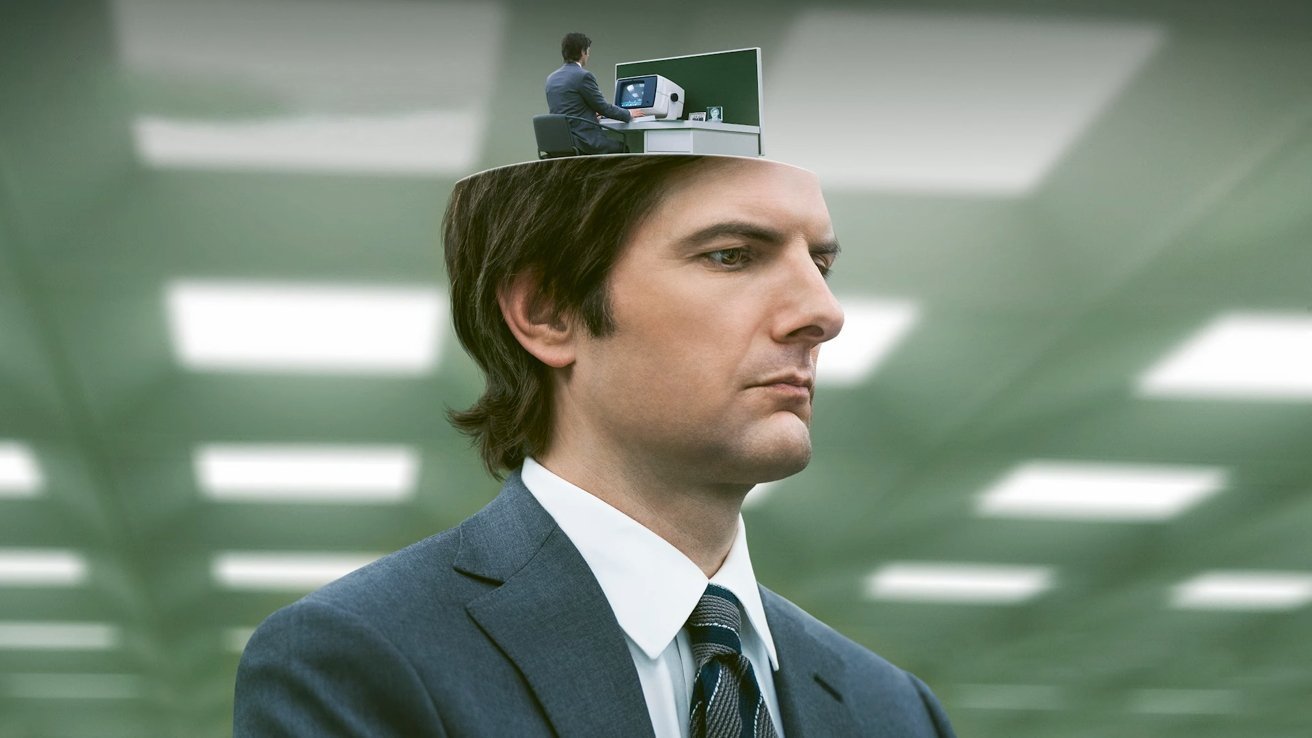Sebastian Stan Reveals How 'Hot Tub Time Machine' Saved His Career
In a candid interview with Vanity Fair, Sebastian Stan, renowned for his portrayal of Bucky Barnes, also known as the Winter Soldier, in the Marvel Cinematic Universe (MCU), shared how a sum of $65,000 in residuals from the film 'Hot Tub Time Machine' played a pivotal role in revitalizing his career during a challenging period in the late 2000s. This revelation highlights the often-overlooked impact of residual income for actors, especially during times of financial uncertainty.
Stan's journey in the MCU began with his role in 'Captain America: The First Avenger,' released in 2011. Over the past 14 years, he has made a significant mark by appearing in nine Marvel films, establishing himself as a key figure within this expansive universe. The 'Captain America' franchise has proven to be a financial powerhouse within the MCU, collectively grossing an impressive $2.65 billion at the box office across its four films, according to data compiled by The Numbers.
In addition to his blockbuster success with Marvel, Stan has recently attracted critical acclaim for his performances in independent films. He won a Golden Globe for his role in 'A Different Man' last year and received an Oscar nomination for his portrayal of Donald Trump in the film 'The Apprentice' earlier this year. These accolades reflect his versatility and growth as an actor.
Despite his current success, Stan candidly recounted his struggles leading up to his Marvel breakthrough. He revealed that in 2010, he faced significant challenges in securing work. 'I had just gotten off the phone with my business manager, who told me I was saved by $65,000 that came in residuals from 'Hot Tub Time Machine,'' Stan recalled. His role as a ski patrol bully in this 2010 science-fiction comedy not only provided him with a paycheck but also served as a crucial financial buffer during a dry spell in his acting career.
'Hot Tub Time Machine' itself was a moderately successful venture, grossing approximately $64 million worldwide, as reported by Box Office Mojo. The film received a 64% approval score from critics on Rotten Tomatoes, indicating that while it was not an outright blockbuster, it held its own in the competitive landscape of cinema. This affirms the notion that even films with moderate box office performance can have lasting significance for those involved.
Residual payments, which actors receive in various circumstances such as DVD and Blu-ray releases, syndication of movies or TV shows to television networks, and availability on streaming platforms, can prove to be a lifeline during quieter periods in an actor's career. For someone like Stan, this income can be essential when faced with a lack of consistent employment.
While the exact earnings Stan has accrued from his role as the Winter Soldier remain undisclosed, it is known that he signed a nine-movie deal with Marvel back in 2014, as he mentioned in an interview with Newsarama. When actors enter into such multi-film agreements with Marvel, they typically command seven-figure salaries, which often increase as they continue to portray their characters. Additionally, they gain leverage for contingent compensation, which can include a percentage of a film's profits.
Stan's experience is not unique in Hollywood; many actors have faced periods of financial instability before achieving success. For instance, John Boyega, known for his leading role in the 'Star Wars' sequel trilogy, once admitted that he had only $60 to his name before his casting. Similarly, actor Glen Powell revealed that he nearly faced financial ruin while waiting for the release of 'Top Gun: Maverick' during the pandemic. Such stories serve as a reminder of the unpredictable nature of the acting profession and the importance of resilience in pursuing ones career aspirations.

















